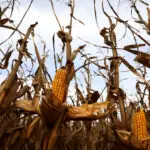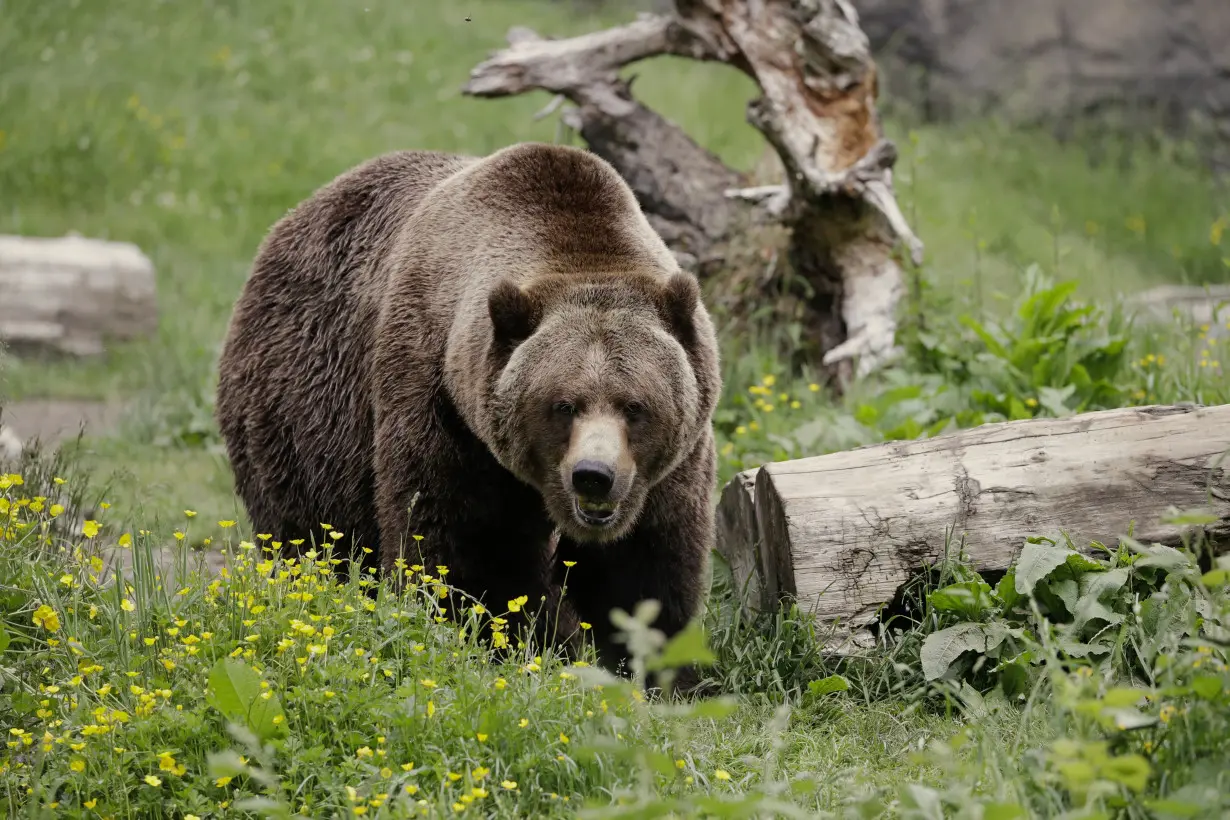SEATTLE (AP) — The federal government plans to restore grizzly bears to an area of northwest and north-central Washington, where they were largely wiped out.
Plans announced this week by the National Park Service and U.S. Fish and Wildlife Service call for releasing three to seven bears a year for five to 10 years to achieve an initial population of 25. The aim is to eventually restore the population in the region to 200 bears within 60 to 100 years.
Grizzlies are considered threatened in the Lower 48 and currently occupy four of six established recovery areas in parts of Montana, Idaho, Wyoming and northeast Washington. The bears for the restoration project would come from areas with healthy populations.
There has been no confirmed evidence of a grizzly within the North Cascades Ecosystem in the U.S. since 1996, according to the agencies. The greater North Cascades Ecosystem extends into Canada but the plan focuses on the U.S. side.
“We are going to once again see grizzly bears on the landscape, restoring an important thread in the fabric of the North Cascades,” said Don Striker, superintendent of North Cascades National Park Service Complex.
It's not clear when the restoration effort will begin, the Seattle Times reported.
Fragmented habitat due to rivers, highways and human influences make it unlikely that grizzlies would repopulate the region naturally.
According to the park service, killing by trappers, miners and bounty hunters during the 1800s removed most of the population in the North Cascades by 1860. The remaining population was further challenged by factors including difficulty finding mates and slow reproductive rates, the agency said.
The federal agencies plan to designate the bears as a “nonessential experimental population” to provide “greater management flexibility should conflict situations arise.” That means some rules under the Endangered Species Act could be relaxed and allow people to harm or kill bears in self-defense or for agencies to relocate bears involved in conflict. Landowners could call on the federal government to remove bears if they posed a threat to livestock.
The U.S. portion of the North Cascades ecosystem is similar in size to the state of Vermont and includes habitat for dens and animal and plant life that would provide food for bears. Much of the region is federally managed.




























